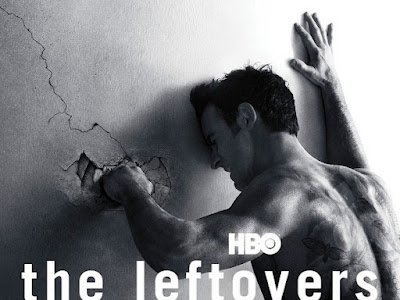Matthew McConaughey - Charisma on the Docket
It is difficult to name another contemporary actor who looks equally at home steering a battered pickup across a dusty Texas back road, drifting through deep space, and pacing the polished floor of a courtroom. Matthew McConaughey does all three with a non-chalant authority that has become his trademark. To cinephiles he is a virtuoso of genre; to the iLawCinema crowd he is a reminder that legal charisma and narrative magnetism often spring from the same source: the art of persuasion.
A Voice That Can Summon a Jury—or a Theater Full of Strangers
That honey-edged drawl—slow enough to invite trust, quick enough to deliver a punchline—has functioned as McConaughey’s unofficial calling card since his two-minute cameo in Richard Linklater’s Dazed and Confused (1993). The cadence feels organic, unforced, and region-specific; directors exploit it the way litigators exploit a well-timed pause. Whether he is reassuring a rom-com heroine or dismantling opposing counsel, the melody of his speech does half the persuading before the words are even parsed.
The Arc: From Laid-Back Leading Man to Risk-Taking Craftsman
The Easygoing Years: Romantic comedies such as The Wedding Planner and How to Lose a Guy in 10 Days cemented McConaughey’s bankability, but also threatened to reduce him to sun-kissed shorthand.
The “McConaissance”: Around 2010 he swerved toward risk and nuance—Killer Joe, Mud, Dallas Buyers Club, and True Detective—projects that traded box-office formula for moral texture. The Oscars, Emmys, and critics followed.
Present Day: McConaughey now occupies a rare cultural tier: an actor whose name alone signals adventurous storytelling, yet whose warm familiarity keeps mainstream audiences invested.
When McConaughey Enters a Courtroom
Although legal narratives are only a sliver of his résumé, they resonate powerfully. The Lincoln Lawyer (2011) captured the journeyman attorney’s blend of improvisation, ethical tension, and streetwise empathy; McConaughey’s Mick Haller can cross-examine without ever fully revealing whether he is flirting, negotiating, or threatening. In earlier years, A Time to Kill framed him as a small-town lawyer confronting racial injustice—a performance that still circulates through law-school advocacy classes as a model of pathos-driven summation. For iLawCinema readers, these roles illustrate how courtroom drama relies less on statutory recitation and more on the actor’s ability to turn a case into a personal endeavor.
Off-Screen Gravitas: Academia, Advocacy, and “Greenlights”
McConaughey’s extracurriculars echo the deliberative skills we associate with trial work:
At the University of Texas at Austin he co-teaches “Script to Screen,” guiding students through the anatomy of narrative choice—essentially a crash course in framing arguments.
His memoir, Greenlights, reads like a closing argument for a life lived on instinct yet cross-checked by reflection.
As an activist he speaks before legislative committees on gun safety and disaster relief, blending anecdote, data, and pathos with the calm of someone used to holding a room.
Why He Matters to a Law-and-Cinema Audience
Rhetorical Precision: McConaughey showcases how tempo, diction, and silence can steer perception—skills any litigator craves.
Moral Ambiguity: He rarely plays binary heroes or villains, a reminder that most legal disputes are won in the gray.
Cultural Reach: His popularity keeps courtroom narratives in the public imagination, ensuring that legal questions migrate from law journals to dinner-table conversation.
Verdict
Matthew McConaughey is not merely an actor who occasionally dons a lawyer’s suit; he is a storyteller whose entire toolkit—voice, posture, instinct—is built for persuasion. Whether he is arguing de facto before a jury of twelve or a multiplex of hundreds, the response is almost always unanimous: all right, all right, all right.


Comments
Post a Comment